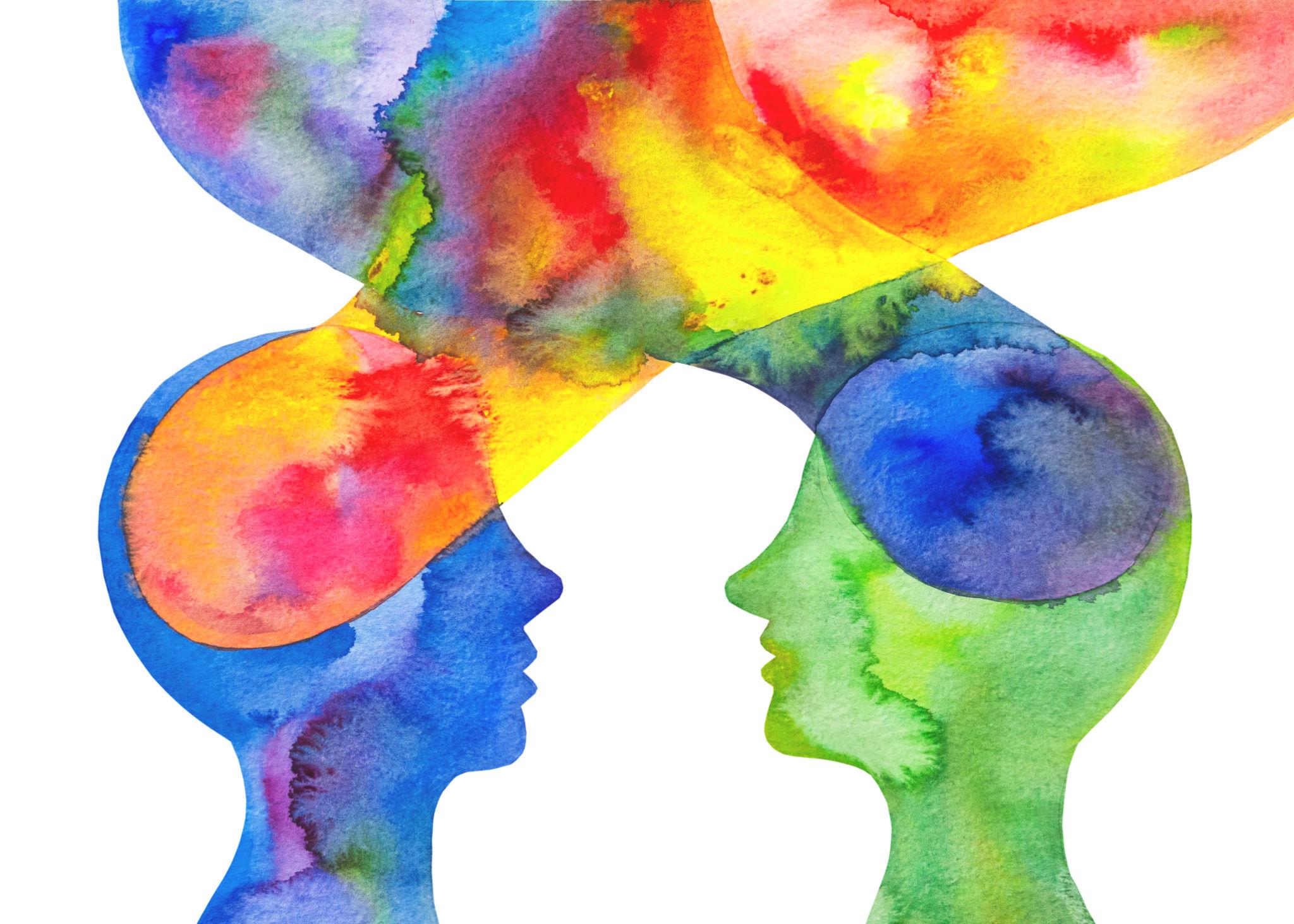Tag: Social Media

German Businesses Defend Democracy and Fight Extremism
Time Period: 2017-PresentLocation: GermanyMain Actors: WVIB, VDMA, Welcome Saxony, Business LeadersTactics - Civic Engagement - Media Outreach - Signed Letters of Support - Social Media Campaign Given their country’s history...

Check My Ads Illuminates Authoritarian Advertising
Time Period: 2021-PresentLocation: United States, Online CampaignMain Actors: Check My Ads InstituteTactics Used - Online Boycotts - Social Media Campaigns - Newsletters In 2021, Nandini Jammi and Claire Atkin, two...

SENSEMAKING WITH HORIZONS: The Alabama Brawl, August 2023
https://youtube.com/watch?v=Sf6npTNF8gs Jarvis Williams, the Director of Applied Research and Julia Roig, the Chief Network Weaver at Horizons come together in this short video interview to reflect on the “Alabama Brawl” that occurred...

Dr. Martin Luther King Jr.’s Multiple Lanes to Multiracial Democracy
*This article was written by Chief Organizer Maria J. Stephan and was first published on Waging Nonviolence. King understood that no single approach would be sufficient to combat the interconnected evils...

Violence and the Backfire Effect
*This article was written by former Director of Applied Research Jonathan Pinckney. Any movement that seeks to stand up against powerful opposition and advocate on important political issues must be...

Democracy Narratives and Sacred Values
What are the common values that underpin US democracy? What is the “big story” we all share about how society should work and how we fit together as citizens? In...
